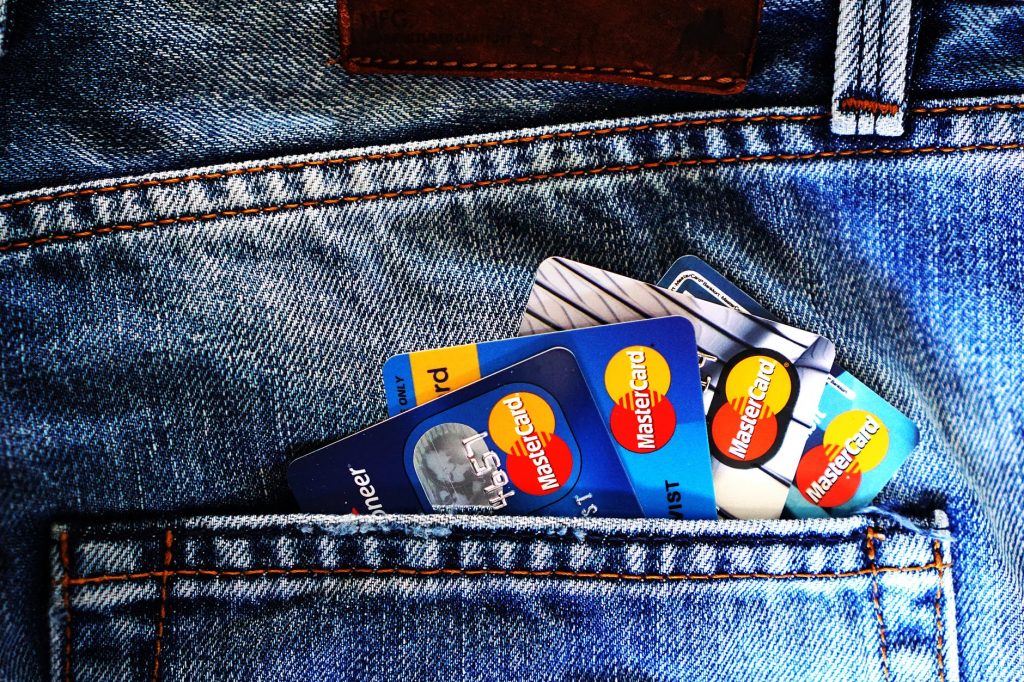How to Avoid a Credit Score Drop from Your Taxes

The revelation that you have an unpaid tax bill can be very upsetting. In addition to the reminders or threats from the tax collector, it can also affect your credit score negatively through a number of ways. Additionally, unpaid taxes will have adverse effects on your overall financial life. It is ideal to find the best solution to clear the tax bill. One thing to remember is that taxes are imposed according to your country’s laws.
Effect of an Unpaid Tax Bill on Your Credit
Many countries no longer include defaulting on taxes in credit history. Therefore, future lenders will not see that you ever defaulted on paying taxes. But if you think that you are clear of trouble, then you are wrong.
· Fines – as your tax lien increases, your financial strain will be worse when you are forced to pay by the tax collector. This includes the principal and the fines. Of course, this will affect your finances especially if you are repaying a loan and have many bills to take care of. As a result of this, you have a significant chance of damaging your credit score.
· Credit card challenges – getting a second credit card is not as easy as the first one. The lender will dig deeper to know if you can pay your debt without any challenges. If you are already straining to pay balances on the first, then your credit score might be hurt. The next big solution is to look for the best tradelines to buy to improve your score before going for the second credit card.
· Difficulties in qualifying for a loan – public record searches are usually conducted when you want to obtain a long-term loan like a mortgage. This will show your struggles with a tax lien, even though it is not on your credit history. In such a case, the lender may decline your request. Alternatively, they may ask you to first clear the outstanding tax and get a clearance certificate before you can qualify for the loan.
Taking Care of Your Taxes
If your tax lien is taking a toll on your financial life and credit score, it is time to work things out. There are many ways of solving this problem. First, make a plan for your current income to see how it will fulfill all the financial obligations after prioritizing them.
Take the step of facing the tax collector and negotiating affordable terms to start reducing the taxes you owe. At this point, request that the tax collector stop imposing the fine or interest from the day you start to clear the tax. If need be, involve a professional financial expert to help you with this.
Conclusion
Defaulting on taxes is a serious crime in many countries, if not all. As soon as they catch up with you, it is mandatory to pay. Make sure that you are aware of your tax obligation at an individual level or as a business. Many people prefer to consult a professional tax expert before they pay any tax.


